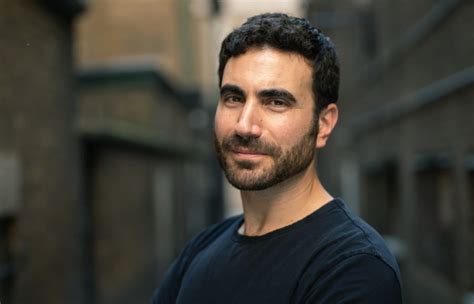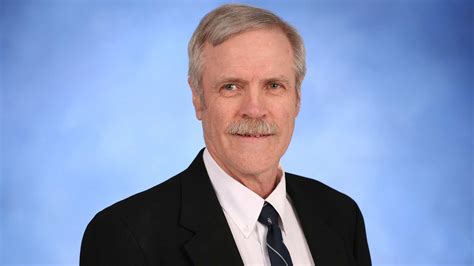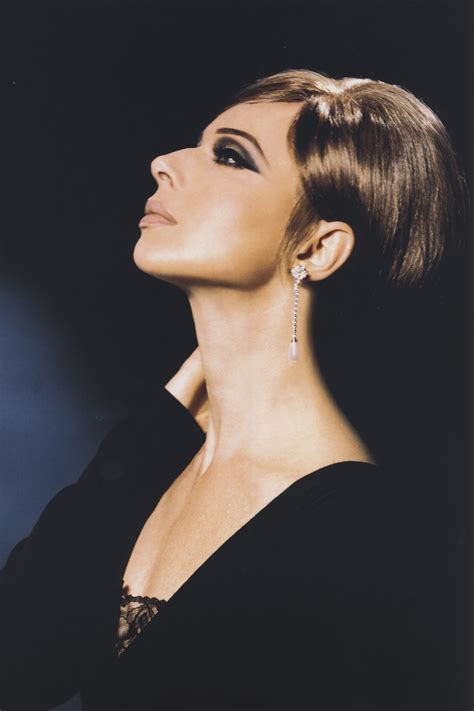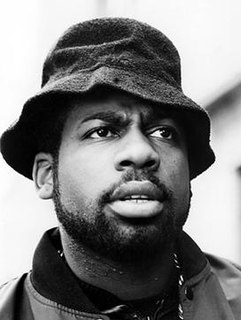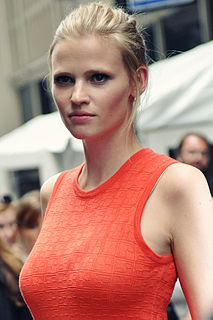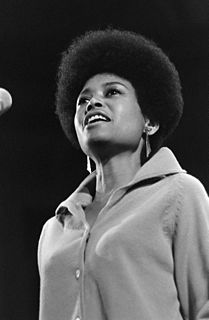A Quote by Eve Ensler
I was a young feminist in the '70s. Feminism saved my life. It gave me a life. But I saw how so much of what people were saying was not matching up with what they were doing. For example, we were talking about sister solidarity, and women were putting each other down. We were talking about standing up for our rights, and women weren't leaving abusive relationships with men. There were just so many disconnects.
Related Quotes
Will Bridges, who is the co-creator with me, when we were working on 'SuperBob,' we were just talking about how we like to write about relationships. And we were talking about what love is. We were in very different stages; he was married and was about to have his first child, and I was kind of dating the wrong people.
It just struck me as really odd that there were all of these conversations going on about what young women were up to. Were young women having too much sex? Were young women politically apathetic? Are young women socially engaged or not? And whenever these conversations were happening, they were mostly happening by older women and by older feminists. And maybe there would be a younger woman quoted every once in a while, but we weren't really a central part of that conversation. We weren't really being allowed to speak on our own behalf.
I used to live in a village, and I always loved listening to old people. Unfortunately, it was always women who were talking, because after the war, very few men were around. I spent my entire life living in the village. The village is always talking about itself; people are talking to each other as the village makes sense of itself.
Go back to the Bible, the Old Testament. I mean there were people who we would call intelectuals, there, they were called prophets, but they were basically intelectuals: they were people who were doing critical, geopolitical analysis, talking about the decisions of the king were going to lead to destruction; condemning inmorality, calling for justice for widows and orphans. What we would call dissident intelectuals. Were they nicely treated? No, they were driven into the desert, they were imprisoned, they were denounced. They were intelectuals who conformed.
When the feminist movement was at its zenith in the late 60's and early 70's, there was a lot of moving away from the idea of the person. It was: let's talk about the ideas behind the work, and the people matter less. It was kind of a gimmicky thing, but lots of feminist women were doing it. Many of us took the names of our female ancestors - bell hooks is my maternal great grandmother - to honor them and debunk the notion that we were these unique, exceptional women. We wanted to say, actually, we were the products of the women who'd gone before us.
My own life values were shaped in great part by my mother, who instigated women's clubs in my village. Women were able to organize and stand together. What inspired me most about their work was the power it gave them to assert their rights and the rights of their daughters, be it education or property inheritance.
There are so many issues that impact women. When we talk about prison reform, for example, women were [once] sterilized in women's prisons. When they were giving birth, they were asked to sign paperwork but they weren't even completely conscious of what they were signing. That sounds like something that would never happen in America, but it was happening, not just in America, but in [California], one of the most progressive states in the United States.

